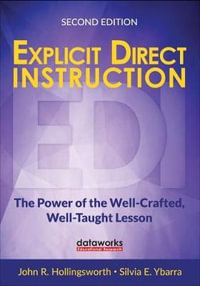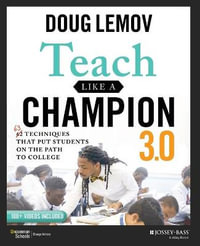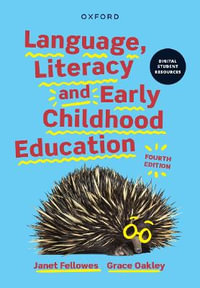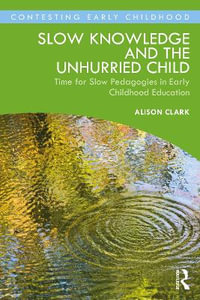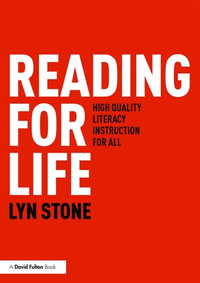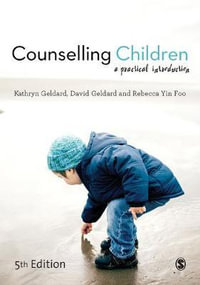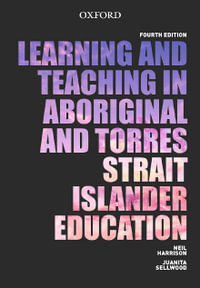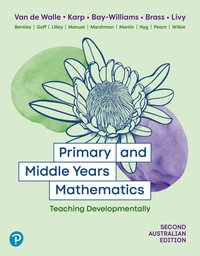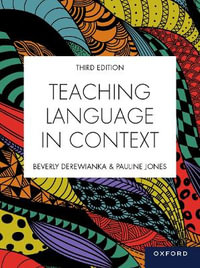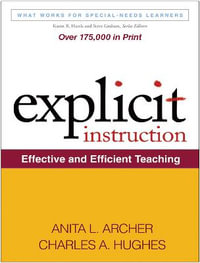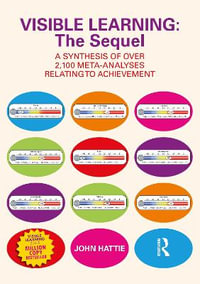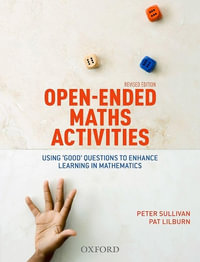Now in its second edition, Foundations of Education Research defines, discusses, and offers applications for the central components of educational research, providing both novice and experienced researchers with a common ground from which to work. Fully updated throughout, the 2nd edition adds a glossary of terms, additional examples, and includes a discussion of similarities and differences in education research. Eight concise, accessible chapters cover conceptual framework, epistemology, paradigm, theory, theoretical framework, and methodology/method. This unique primer demystifies jargon and makes the theoretical components of research accessible, giving students the tools they need to understand existing education research literature and to produce theoretically-grounded work of their own.
Each chapter begins with perspectives from both novice and experienced researchers, whose guiding questions assist researchers engaging with theory for the first time and those looking to improve their understanding of the fundamentals. Practice exercises, examples, and suggested reading lists at the end of each chapter offer students resources they can apply to their own research and thinking in concrete ways. A perfect accompaniment to standard research courses, this book is designed to help students achieve a deeper understanding of what is expected of them and ideas about how to achieve it.
Industry Reviews
"This book is an invaluable resource for anyone interested in understanding and/or undertaking research in any field of inquiry. The accessible language, thoughtful analogies, balanced discussions of theory and practice, pertinent examples of published research, interactive reflections and guided practices, and tips for novice and experienced researchers make the text a superbly enjoyable and insightful read. The book does a great job clearing confusions emerging from inconsistencies across the research literature, providing a much-needed healthy atmosphere and solid ground to shape and discuss scholarly endeavors. The authors' survey of current needs, especially by examining discussions at online professional fora and meeting them throughout the book, make the text authentic and useful to the audience. The metaphor of the tree, in addition to demonstrating the progression of conceptual frameworks to methods, connotes the liveliness of this wonderful text." - Seyed Abdollah Shahrokni, PhD, Washington State University, USA

